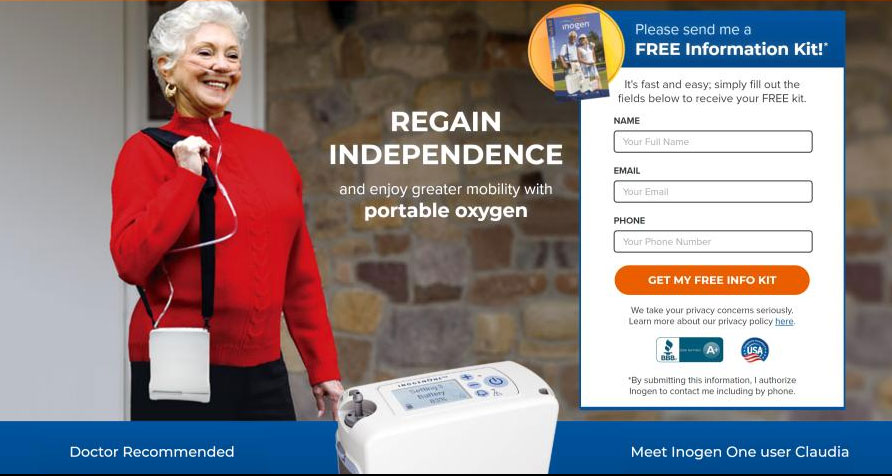Credit consolidation is merely rolling multiple outstanding arrears into a single payment, whereby you can use proceeds from a separate financial standing or revolving credit lines to pay various exceptional credit accounts. It reduces the total dues and reorganizes it so that you can pay it off faster. There are multiple dues suitable for consolidation, which includes high-interest dues like the credit card, higher installment debentures like the student credit, unsecured personal loan, medical bills, and predatory credit products like payday overdrafts.
Sponsored Listing
[sponsored_links]
They are offered by banks, online lenders, and credit unions, which restructure the outstanding debt repayments in a more favorable way for the client, but you will still pay back what you owe at a lower interest rate. Consolidation loan make it easier to manage financial obligations; one debenture is easier to manage than several. It has the potential for lower interest rates and lower monthly payments. There is a little risk of collateral repossession, stress reduction, and can improve your credit score. However, there are various limitations associated with consolidation loans. Some credits have prepayment penalties, secured consolidation loans risk your assets, you may struggle to find affordable loans without collateral, and it makes it difficult to change unhealthy financial behaviors.
Types of Consolidation Loans
Here are two main types of consolidation loans; the secured loans let you borrow money against an asset’s worth, you then provide an asset to work as collateral for the debenture. Unsecured loans can be hard to obtain since they don’t require assets and have higher interest rates and lower qualifying amounts. There are various ways to merge your dues into a single debt repayment, which includes the home equity loans. It allows homeowners to borrow money while using the home as collateral. To qualify for this mortgage, you must have good credit and a considerable amount of equity in your home, which is the market value of your house less than the outstanding mortgage.
Easier to get a large sum of money in a short time
It has lower interest rates than other types of loans, it is easier to get a large sum of money in a short time, and the debentures may be tax-deductible, hence lowering the overall tax expense liability. The drawbacks are that you risk losing your home; you may get into more dues if you take up a second debenture to pay off the first one. There is also a higher chance of being bankrupt if the home equity mortgage is more than your house’s net worth. You can also transfer high-interest debts from several credit cards to one card with a lower interest rate, which pays your debit balance in full during the promotional period. If you choose the credit card balance transfer, determine when the offer will expire and the interest rate after the promotional expiry date. To use it as a consolidation credit, you need a large credit limit to hold the credit card dues. Once you merge your financial obligation onto one card, you can comfortably focus on one payment with a single due date instead of making several monthly payments with various due dates. It makes it very easy to manage your payments.
0% annual percentage
You can also save money on interest; some balance transfer cards offer an introductory 0% annual percentage rate for a specific period. Therefore, the money you put towards your arrears does not go into interest but instead, pays off the principal balance. The limitations include a balance transfer fee, which ranges from 3% to 5% of the amount you transfer. The low-interest rate, also, doesn’t last forever; the promotional period varies with the card. You could also add to your dues if you don’t have a plan, if you fail to pay off your arrears within the promotional period, you will end up mixing up your debit without saving any money. Personal credit can also be used if you can borrow enough credit to clear all your outstanding payments. No collateral required while securing the debenture; there are lower interest rates. However, a good credit score is needed; for those with bad credit, you may get approved, but at a higher interest, or you may not be approved at all. Various consolidation loans are offered in banks and credit unions to merge your dues. They provide lower interest rates and also vary; you should, therefore, make a wise selection.
Sponsored Listing
[sponsored_links]
Things to Consider Before opting for a Consolidation loan
It would be best if you scaled down to a few options from lenders to offset existing loans through consolidations, to get the best option. Determine whether the minimum and maximum credit amount meet your needs. Also, consider the repayment terms; a shorter time could mean less overall payment while longer term will mean lower monthly payments. Inquire whether you have to pay an origination fee when you take out the credit or a prepayment fee when you pay the debenture earlier. Be careful not to impact your credit score; thus, check if you can get an estimate of your approval, rates, and credit amount.
Before looking for a consolidation debenture, identify the bills you want to consolidate; consolidation loans deal mostly with credit and credit cards, secured dues don’t qualify for consolidation loans. Examine your budget to know if you can pay for your necessities; order your credit reports, and check the credit scores. When comparing lenders, understand the total cost of borrowing from each one of them, and compare it to your current prices before making a consolidation credit decision. Consolidation is a perfect plan if you are tired of credit card balance rise, and you are ready to turn your financial life around. It’s an ideal plan to simplify bill paying by giving you an attainable goal to accomplish every month, bringing along financial ease. It’s an arrears relief option effective in high-interest debits to help you keep up with multiple bills and reduce your monthly payments by lowering the interest rates.
Reminder: Change your spending habits
However, it might not be a good option if you don’t plan to change your spending habits. It’s not a solution if you are so overwhelmed by arrears, and you have got no hope of paying them off even with reduced payment. Also, if your financial obligation load is small, you will only save a negligible amount by consolidation, then it’s not a good idea, you can try other dues payoff method. If the total arrears are more than half your income, then consolidation is not your best option; instead, consider seeking dues relief options. Dues consolidation isn’t for everyone, but for most people, it’s a significant step to get their finances back on track. Consider whether you are willing to make a severe monthly budget and stick to it, also, understand that a credit management program requires a regular and timely monthly payment to enjoy the program’s privilege fully. Finally, calculate whether the cost associated with credit consolidation will end up saving your money or will cost more than the current payment arrangement.
Conclusion
- Remember that opting for any consolidation debenture doesn’t pay off your financial arrears but instead shuffles it around, making it easier for you to pay.
- If you have a higher credit score, and you lack self-discipline, this is a perfect option for you. It makes you feel like you have fewer dues and may tempt you to borrow more.
- Practice financial discipline by avoiding borrowing until you completely repay the consolidation credit and also use great judgment before taking up any other additional loans.
- To learn more, you can visit the website.















